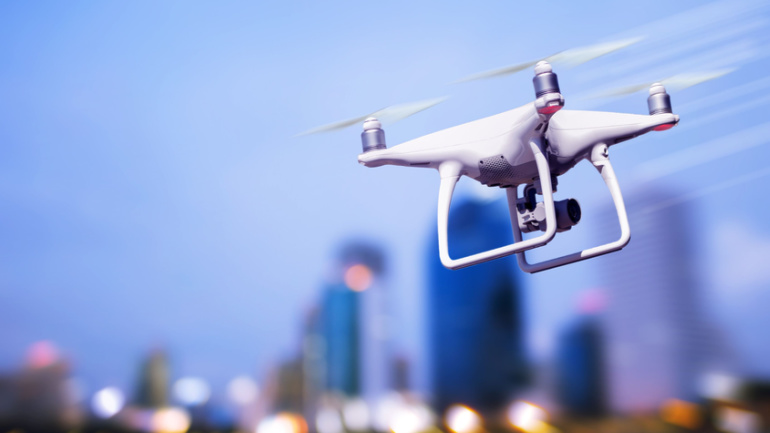BT has announced a two-year delay in the shutdown of the UK’s copper-based phone lines, now scheduled for 2027 instead of the original 2025 target. The decision was subtly revealed in the company’s 2023 financial results and later confirmed through a press release.
Matthew Riley, the CEO of Daisy Group, a leading UK IT services company, is reportedly on the brink of finalizing a merger deal with Wavenet, a communication and technology solutions provider based in the UK. According to sources disclosed to Sky News, the merger is in its final stages.
Axiata Group, a Malaysian telecommunications conglomerate, has announced the sale of its towers operations in Myanmar in a deal worth US$150 million with an undisclosed buyer. This decision reflects a growing trend among international telecom giants to exit Myanmar due to the country’s challenging economic and operational environment amidst ongoing civil conflict.
BT and Global have entered a 10-year collaboration to modernize UK’s traditional payphones and expand digital hubs in local communities, fostering enhanced connectivity and local advertising opportunities. A major highlight includes the transformation of BT’s iconic payphones, expected to develop into a progressive stride towards telecommunications future.
Pioneering a new age in software engineering, BT’s Digital Unit collaborates with Amazon Web Services, integrating the GenAI tool, Amazon CodeWhisperer—an AI equivalent to autocorrect for coding, proficient in 15 unique languages. Beyond code suggestion, CodeWhisperer ensures code safety and reliability, filtering out potential vulnerabilities, leading to a 12% automation of routine coding tasks.
Discover how Telecommunications giant Altice, facing a whopping $60 billion debt, eyes its Portuguese operation Meo as a lifeline. Amid debt woes, other challenges surface, including a scandal involving co-founder Armando Pereira. International telecom players are also in motion, with the Saudi STC Group asserting its presence in Europe, and UAE-based e& planning to increase its stake in Vodafone.
Fibre network giant, ITS Technology Group, enlivens UK telecom sector with a hefty funding acquisition of £100 million from Avenue Capital Group. This new influx brings their total funds to £145 million, opening avenues for strategic network expansion and potential merges. CEO Daren Baythorpe echoes the optimism, hinting at enhancements of 10Gpbs-capable network and strategic acquisitions. Epidemic times demand robust connectivity and this new step promises just that. The partnership with Evolve, promises to feed into the rising demands for bandwidth-rich technologies.
BT, a dominant force in the UK’s telecommunications landscape, is setting the stage for a drone revolution with the unveiling of the country’s first-ever Drone SIM. Designed to act as the linchpin for beyond visual line of sight (BVLoS) drone operations, this groundbreaking technology combines EE network connectivity with resistance to hazardous conditions, opening up innovative possibilities across several sectors. From enabling swift healthcare supplies delivery and comprehensive infrastructure monitoring to enhancing goods transportation, BT’s Drone SIM offers promising applications. The unlimited data plans and high-priority connectivity contribute to a safer drone usage while facilitating ultra-high definition video streaming from towering heights.
BT pushes forward with their ambitious plan to replace ageing Public Switched Telephone Network with IP-powered Digital Voice service, predicting a full national transition by 2025. This phased rollout highlights an industry-wide shift toward modern, energy-efficient, and highly reliable communication solutions. However, with earlier power outages prompting questions around adequate support during emergencies, the telecoms giant is treading carefully. As we brace for a digital era, join us at Connected North 2024 to delve deeper into what this change signifies for UK consumers.
In a promising move towards transparency, UK’s BT and software giant SAP have joined forces to test SAP’s Sustainability Data Exchange (SDX) – a novel system that captures, tracks and shares data on obscure, indirect emissions, known as Scope 3. Given the numerous entities and different methodologies involved in disclosure, SDX utilizes carbon data interoperability standards to provide a unified portal for monitoring supply chain emissions data, thus streamlining the gathering and dissemination of precise Scope 3 information.













